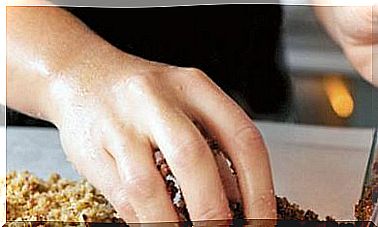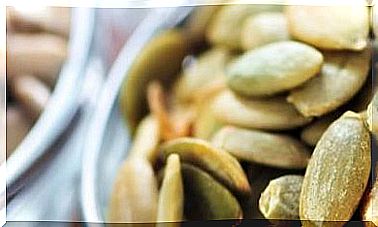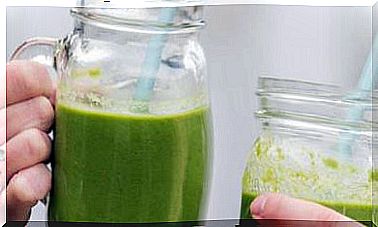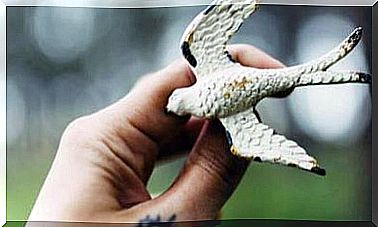Why Take Care Of Children’s Teeth And How To Do It
Good eating habits are acquired from childhood and determine the oral health of adults. It is important that children eat a varied and balanced diet to prevent their teeth from suffering from cavities.

The teeth are part of an important system, since they mark the entrance door of the food and participate in the preparation of the nutrients that the body needs. If they are not taken care of properly, taking into account both hygiene and diet, they can alter the process of balance that health implies.
At the same time, the intake of nutrients generally influences the development, maintenance and repair of teeth and oral tissues. Deficiencies of various vitamins (riboflavin, folate, B12 and C) and minerals (iron and zinc) can first be detected in the mouth due to the rapid turnover of tissues of the oral mucosa.
The teeth emerge from the jawbone like icebergs: the outer part (one third of the total) is called the crown and the inner part is called the root. They are formed thanks to the mineralization of a protein matrix. The crown is made up of a hard outer layer called enamel, made up of hydroxyapatite crystals that contain phosphorus, calcium, sodium, magnesium, chlorine, fluorine, and collagen. It is the hardest tissue in the body, even harder than bone.
Vitamin D is essential for the process of depositing calcium and phosphorus in the form of hydroxyapatite.
Dentin, or ivory in teeth, is made up primarily of a protein, collagen. Vitamin C is needed for its synthesis. The dental pulp is made up of the dental artery, vein and nerve. The root of the tooth is inside the bone, attached to it by ligaments and elastic fibers.
As adults, we have 32 permanent teeth including wisdom teeth. They are distributed between the upper jaw and the mandible. The inside of the mouth is lined by the oral mucosa and the gums are made up of collagen and keratin.
From the fifth week of intrauterine life, the fetus already has an oral cavity.
The onset of tooth formation occurs in the eighth week, when dental germs (outlines) appear, which are 20 for milk teeth and 32 for permanent teeth. The mineralization process, that is, the creation of enamel, is individual for each tooth and, when they have already been mineralized, the enamel-producing cells (called ameloblasts) disappear.
This explains why the teeth are the only part of the body that, when broken or worn, cannot regenerate or heal. Of course, maternal nutrition is what supplies the building materials that teeth need before erupting and, if inadequate, has a negative impact on their development. This does not prevent that throughout life, the diet continues to be important for oral health, for resistance to infection and for the longevity of the teeth.
The local effects of the diet, especially of fermentable carbohydrates, and the frequency of meals, influence the production of organic acids by bacteria in the mouth and the rate of spoilage.
Eat well from a young age to avoid cavities
Whatever the age of the child, do not let them fall asleep sucking on a bottle of milk or fruit juice because for hours their teeth will be in contact with a liquid that contains sugar (lactose, in the case of milk).
In addition, when lying down, the milk layer will stick to the teeth, which can cause “bottle caries”, that is, multiple cavities in the anterior teeth, which lead to their destruction. The same can happen with breastfeeding on demand at night.
- From the moment the first tooth appears, it is advisable to clean it with a gauze soaked in water. The newborn likes the sweet taste for its calming effect. It makes you secrete endorphins and creates a certain dependency: that is why it is difficult for you to put down the bottle at night.
- Later, in early childhood, sugar has a symbolic and affective value: it is rewarded or punished with candy. But you have to avoid using sweets and pastries as a reward. At the same time, it is also important to give children enough food at meals so that they are satiated and do not feel like snacking between meals.
- Keep in mind that bagged potato chips, hooks and other snacks, or cereal bars tend to adhere to the teeth for a long time and are not soluble in saliva. Cola drinks, on the other hand, are acidic and can cause enamel erosion, like chalk.
- From 6 to 9 years old, when permanent teeth begin to appear, special care must be taken in hygiene and nutrition because sometimes these teeth are not completely mineralized and that makes them more vulnerable to cavities.








